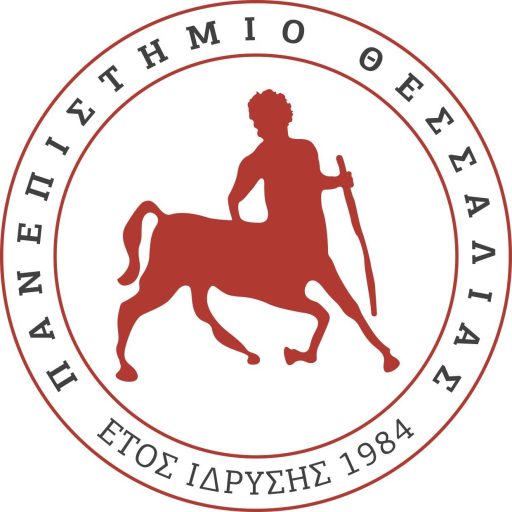Η παρούσα ιστοσελίδα αφορά την ελληνική μετάφραση, πολιτισμική προσαρμογή και ψυχομετρική επικύρωση του Beginners Computational Thinking Test (BCTt· Zapata-Cáceres κ.ά., 2020, 2021), που απευθύνεται σε μαθητές/τριες ηλικίας από 5 ως 10 ετών και αξιολογεί τις επιδόσεις τους στις ακολουθίες, τους βρόχους και τις συνθήκες.
Η μετάφραση, πολιτισμική προσαρμογή και ψυχομετρική επικύρωση του BCTt πραγματοποιήθηκε στο πλαίσιο της μεταδιδακτορικής έρευνας με τίτλο «Διερεύνηση της Ανάπτυξης Εννοιών της Υπολογιστικής Σκέψης Μαθητών/τριών Α’ έως Δ’ Δημοτικού, με Προσαρμοσμένη Χρήση της Κλίμακας Beginners Computational Thinking Test (BCTt)» που εκπονήθηκε στο Παιδαγωγικό Τμήμα Δημοτικής Εκπαίδευσης (ΠΤΔΕ) του Πανεπιστημίου Θεσσαλίας από τον μεταδιδακτορικό ερευνητή Βουρλέτση Ιωάννη με επιβλέποντα τον Καθηγητή του ΠΤΔΕ, Πολίτη Παναγιώτη.
Δημοσιεύσεις
Vourletsis, I., & Politis, P. (2024). Greek Translation, Cultural Adaptation, and Psychometric Validation of Beginners Computational Thinking Test (BCTt). Education and Information Technologies. https://doi.org/10.1007/s10639-024-12887-6
Computational thinking (CT) is regarded as a valuable skill set for the students of the 21st century, fostering problem-solving skills applicable to academic disciplines and everyday problems. Assessing CT involves evaluating the development of its concepts, practices, and perspectives. However, establishing comprehensive and validated assessments across different educational levels remains challenging. The Beginners Computational Thinking Test (BCTt) is a validated tool for assessing CT concepts among primary school students, especially during their first grades (ages 5 to 10). This paper describes the translation, cultural adaptation, and psychometric validation of the BCTt for use with Greek students. The translation process involved both forward and backward translation, while the validity assessment included content and construct validity. The reliability of the adapted scale was examined by measuring the Item Difficulty Index, Item Discrimination Index, internal consistency, and test-retest reliability. The results indicated that the Greek version of the BCTt can be used as a reliable and valid tool for assessing the CT skills among students in the three lower grades of primary school, with greater suitability for use among students in the two lower grades. Finally, our findings contribute to improving the existing assessment tools tailored to primary school students while guiding future refinement efforts to enhance overall psychometric quality.
Vourletsis, I., & Politis, P. (In press). Exploring Grade and Gender Differences in Computational Thinking Skills: A Greek Primary School Study. Educational technology research and development. https://doi.org/10.1007/s11423-025-10494-x
Computational thinking (CT) skills have become increasingly important in modern education, as they equip students with problem-solving abilities applicable across various domains. There is a need to investigate gender- and grade-level differences in CT skills among students to support targeted interventions beginning in early childhood and to ensure that all students have equal opportunities to succeed in the digital age. This study investigated CT skill development among primary school students, taking both gender- and grade-level variations into account. We thoroughly analyzed CT scores obtained from a diverse sample of primary school students using quantitative data. The results revealed no significant gender differences in CT scores among primary school students. However, our study revealed notable age-related disparities, with CT scores rising as students progress through higher grade levels. This result underscores the importance of considering developmental factors in CT education and highlights the need for age-appropriate CT curricula. By investigating both gender- and grade-level differences, we aimed to assist educators and policymakers in developing more inclusive and effective strategies for nurturing CT skills among young learners, thereby preparing them for the challenges of the digital age.
